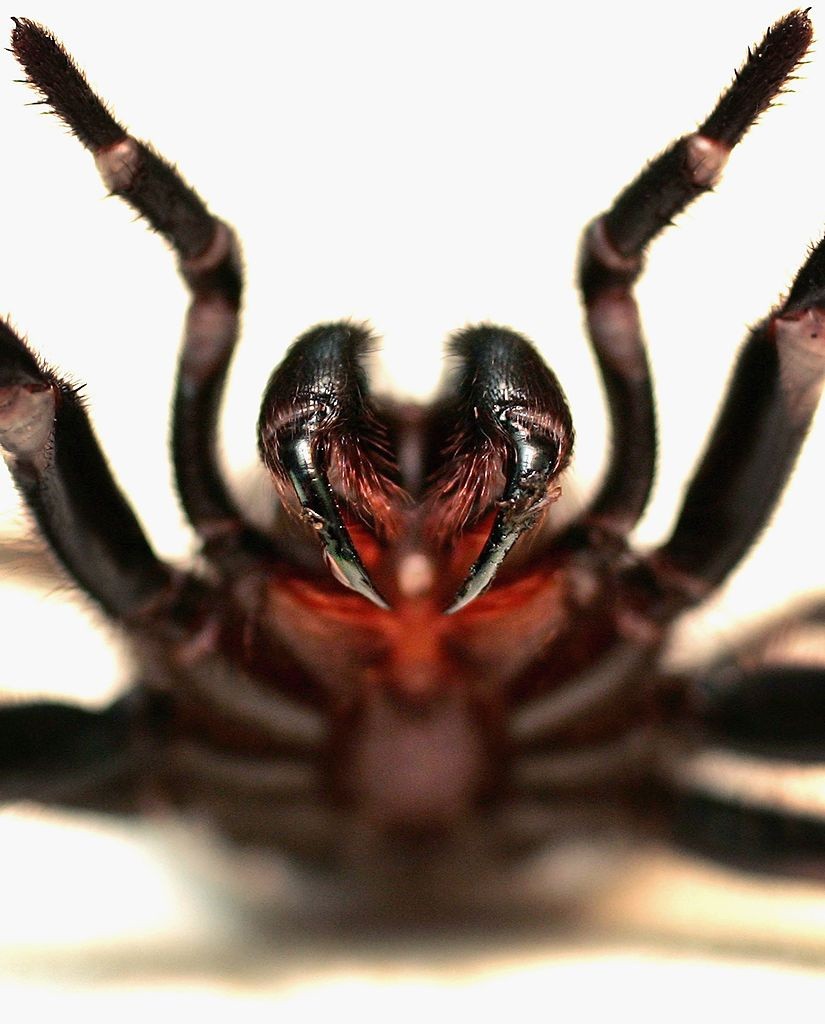Australian scientists discovered a possible treatment for heart attacks inside a least expected source - the venom of a deadly spider.
A drug candidate made from a molecule discovered in the venom of the funnel web spider found in Fraser Island (K'gari) can prevent damage which a heart attack can cause, and also prolong the life of donor's hearts for organ transplants.

Venom of a Funnel Web Spider
Peter Macdonald, a Professor from the Victor Chang Cardiac Research Institute in Australia together with his team at the University of Queensland made this discovery.
Macdonald, the team leader said this unbelievable outcome had been decades in the making. He said: "This will not only help the hundreds of thousands of people who have a heart attack every year, it could also increase the number and quality of donor hearts, which will give hope to those waiting on the transplant list."
Dr. Palpant, who is from UQ's Institute for Molecular Bioscience (IMB), revealed that the drug candidate does its work by putting a stop to the 'death signal' sent from the heart because of an attack.
Hi1a
Dr. Palpant said the flow of blood to the heart decreases after a heart attack, leading to a lack of oxygen to heart muscle. The cell environment eventually turn acidic due to the lack of oxygen, which combine to pass a message for heart cells to stop functioning.
He said that inspite of decades of research, nobody has been successful in developing a drug that fight against this death signal in heart cells. This is one of the reasons why heart disease is still the major cause of death in the world.
Dr. Palpant ran some test on the drug candidate which is a protein referred to as Hi1a, with the use of a beating human heart cells prone to heart attack stresses to discover if the drug boost their survival.
He said: "The Hi1a protein from spider venom blocks acid-sensing ion channels in the heart, so the death message is blocked, cell death is reduced, and we see improved heart cell survival."
Presently, there are no drugs in clinical use that can fight the damage heart attacks cause.

Beneficial Effects of the Protein
Macdonald said in heart transplants the survival of heart cells is crucial. Treating hearts with Hi1a and decreasing cell death will boost how far the heart can be conveyed and increase the chance of a successful transplant.
UQ Professor Glenn King said the little protein that is inside the venom of this spider was shown to noticeably increase recovery from stroke, surprisingly decreasing damage to the brain even when the protein is administered up to eight hours following the start of stroke.
Scientists have tested this protein in human heart cells, and their aim is for human clinical trials to be carried out for both stroke and heart disease, beginning within two to three years, potentially bringing about a new way of reversing the damage from heart attacks with the use of a powerful antidote gotten from spider.
Related Article : Funnel-Web Spider: Venom of Deadliest Spider in Australia May Help Save Heart Transplant Patients
For more news, updates about the venom of spiders and simiar topics don't forget to follow Nature World News!
© 2025 NatureWorldNews.com All rights reserved. Do not reproduce without permission.





